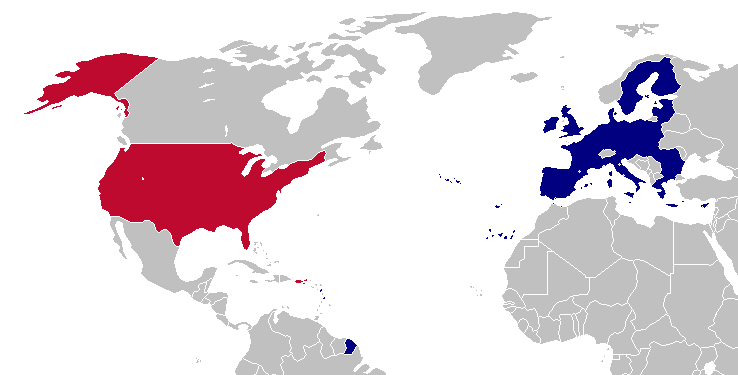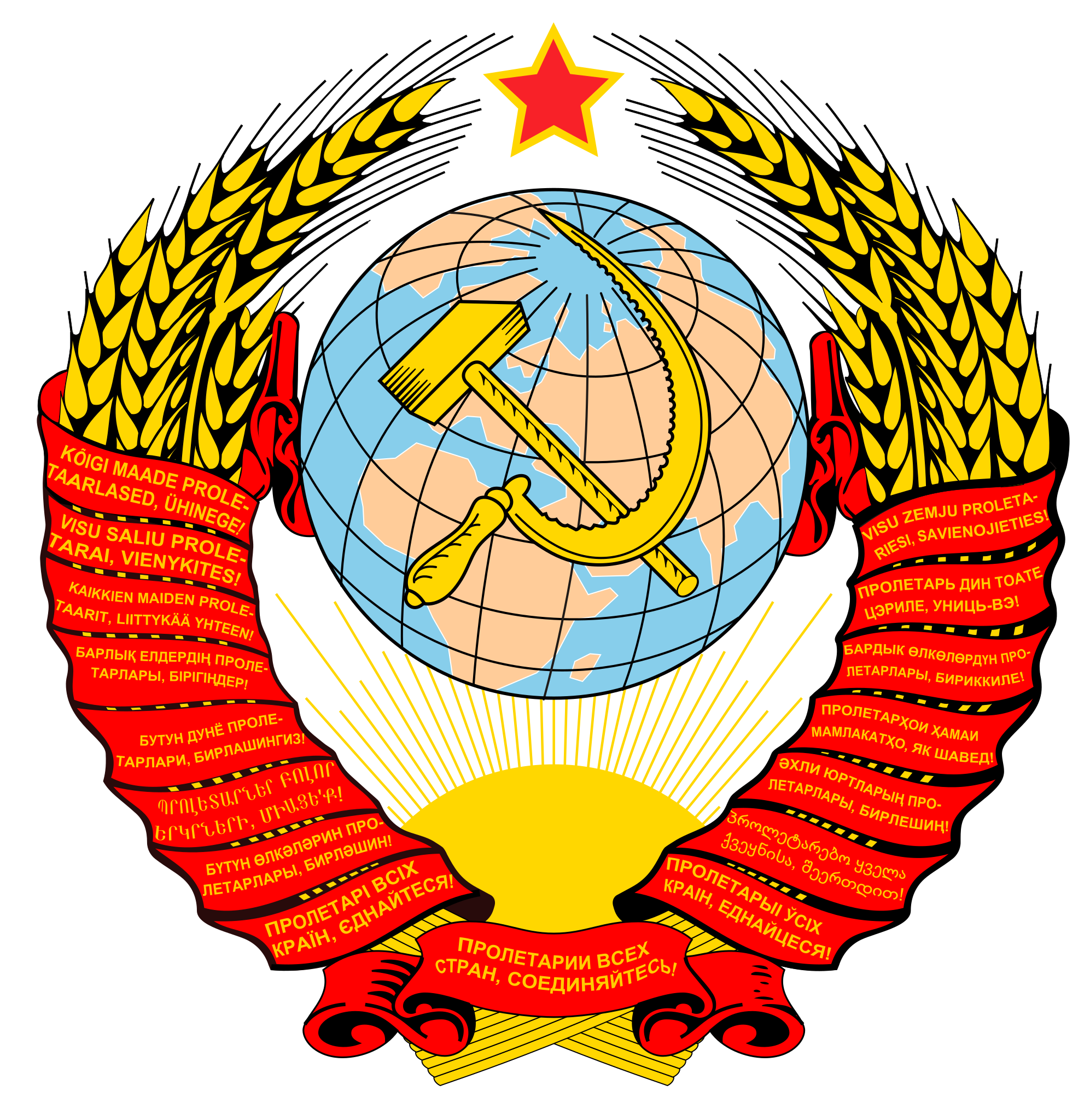Occupied Palestine leads the Middle East in carnism. Yes, even in pork consumption.
Eh, not the same map.
Japan seems to be lower than China. Mexico and Brazil and Argentina are at or above levels of most of Western Europe. China, Russia, Kazakhstan, Chile, Vietnam, Myanmar are at or nearly at levels of western Europe.
Really only the US, Australia, Spain, Mongolia, Argentina stand out here.
I’d say more than anything this portrays maybe herding culture historical development as well as relative access in the modern era to grazing lands for animals, feed-stock, etc though probably not a perfect representative of that. Americans are really the stand-out along with Australians who have lots of range and space (stolen) for breeding and raising massive herds to allow massive, cheap consumption. Argentina also has this benefit (and even in the US you’ll see a lot of Argentinian beef).
Agreed, it’s not quite the same map. And no doubt, many people in the global south, as their living standards increase, will want access to more meat- it tastes good, it has not merely a history of prestige but also deep cultural fondness in most parts of the world, etc.
My hope for the future world is one where whoever wants it, can have it- India as a result might not change overly much (though even there meat consumption is going up) but most of the world will probably move to around the consumption levels of China or Russia as their standards improve. All the (many) ethical concerns about meat are valid, sure, but those are institutional (and technological) hurdles to be overcome in my opinion; I don’t think progress will be won through austerity and abstinence- and while I might have my biases, as I enjoy meat, I think reality speaks for itself in that meat is deeply desired by the overwhelming majority of the world, and the demand will not go away anytime soon, if ever.
Americans are really the stand-out along with Australians who have lots of range and space (stolen)
This is honestly the bigger issue, IMO. I don’t see any easy answers there either, but if there is any justice to be had, whether now or decades or centuries from now, that stolen land must be returned to its rightful peoples and cultures, in one form or another- semi-autonomy, reparations, who’s to say, but in some way it has to be done, and till then a deep guilt and condemnation should rightfully hang above the heads of all those who perpetuate it. As an atheist and coming from an immigrant family I have my biases, but- the homeland, having a place (or places) one identifies with and has roots to (not an ethnostate, obviously)- is nigh sacred, and the acts of the settler-colonials in depriving and destroying that for others is something that I don’t think can nor should ever be forgiven or forgotten, till it is rectified in as complete and satisfying a manner as possible for the indigenous peoples.
As far as I’m concerned- with all my own baggage about the subject (though I’m not indigenous)- settlerism, the suppression and ongoing theft of the homeland- is probably the greatest imaginable crime aside from genocide (of which it is arguably a part of, and almost always is a case of). I’m not spiritual in the slightest, but if I were I would say there is or ought to be a curse upon settlers, until the crime is rectified- it is a genuinely unforgivable thing, something that IMO goes against any notion of humanity that I would ever accept- and no doubt that most people can agree with, if not in my wording, in the sense that they would never wish, never tolerate such destruction and deprivation upon their own peoples, and can recognize the evil for what it is in that way.
I’d expected The Netherlands and Belgium to be high up the list as well. Virtually everyone I know here eats meat at least once and sometimes multiple times a week.
yeah but in the US and AUS they eat it like twice a day or with literally every meal. Shit is wild.
Oh yeah I meant days well lol. Especially for lunch and dinner.
Ireland too. We love our pork products and meat quality is considered to be very good. I live in NL and every time I go back to Ireland I’m blown away by the massive aisles of meat produce and the cheapness of it all.
For reference, people in Brazil tend to eat meat at least once, usually twice a day unless they can’t afford it.
If your plate doesn’t have a single slice of meat in a full meal, people will ask questions.
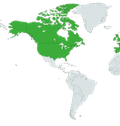
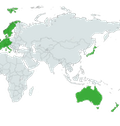
deleted by creator
Interestingly Mongolia has a high consumption too, thoughts on that?
Almost no arable land and a culture of herding animals. Herd animals are the only ones able to make use of the steppe directly. They soil is too flimsy for agriculture. As a result, meat is the staple food and cheap, while anything else comes at a premium and often has to be imported.
Mongolia is also really good at breeding lifestock, back during the socialist period they helped the DPRK to get its breeding programs going after the war and donated many herds to start with.
Mongolia also has a comparatively tiny number of people, because it’s not possible to sustain a large population without agriculture.

Makes sense since they were mainly animal herders for thousands of years instead of relying on farming.
Well, much of the region is desert and steppe. The former makes farming outright impossible, the latter often unfeasable, because steppe soil is quite thin. So it’s meat or starving to death. Unless you can digest grass, in that case you’re fine.
I think they have such high meat consumption because they don’t have much arable land and not them best infrastructure and budget to import plant stables on a large enough scale so they eat meat instead. Horses, camels, and goats grow easier than wheat, rice or whatever else.
Mongolia has barely enough rainfall for grass (for the most part).
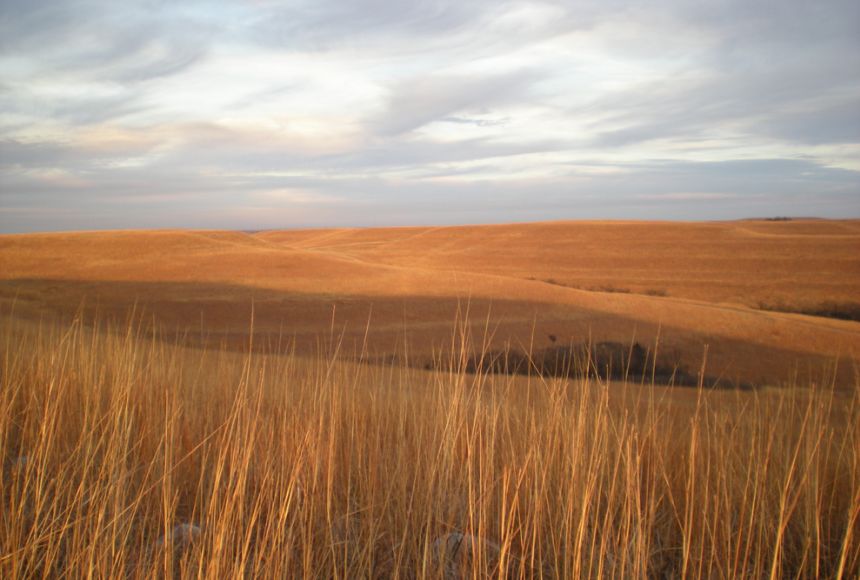
And even then, grass barely survives there in some seasons. So for people to survive, they require a diet consisting of animals that can eat grass and convert calories in grass into calories humans can use. Game and herd animals are the most effective way of surviving on the steppes.
This also made them extremely potent against agricultural civilisations they faced in sieges. If the Mongols reach your agriculture and destroyed your crops, you’ve basically lost. They, on the other hand, can survive off animals that survive off grass.
Given that it’s a desert, I’m guessing not a lot of edible plants growing there?
And I thought we here ate a lot of meat.
Same for us, but apparently we are even at the lower end in our region
It’s because our meat is Halal, it has to be done by a butcher and it has an minimum age limit, added to that we don’t eat pork, which is a meat from an animal only used for meat.
compared to western countries they butcher the animals with maximum efficiency which causes it to be cheaper and more available but is crueler and has worse quality.
I’m kind of mildly surprised that the relatively poorer eastern Europe eats more meat than the relatively richer western Europe.
Also, is the data for Ukraine pre or post 2022? If it is post 2022 it could be indicative of the deteriorating standards of living caused by the west.
It isn’t necessarily wealth that determines what people consume, but rather what is available locally.
Look at Mongolia for example, which has higher consumption than China. Mongolian land is not arable in the least, so they are forced to rely heavily on locally produced meat from ranchers and herders. Their land is mostly steppe and desert, and grass grows well in the steppe. People can’t digest grass, but animals can.
Also, if you look into what many small tribal villagers eat in the northern US and Canada, you’ll see an oversized meat consumption percentage of diet, with it taking up a higher percentage of daily intake than what even the non-indigenous folks eat in the US and Canada. Meat is what is most available for many communities, even poorer ones.
It makes sense that you eat what’s available but I don’t think the conditions for agriculture are that different from eastern to western Europe.
Would be interested to see how similar the deaths by heart disease would compare
Since it’s not on the image, units are kilograms per person per year

